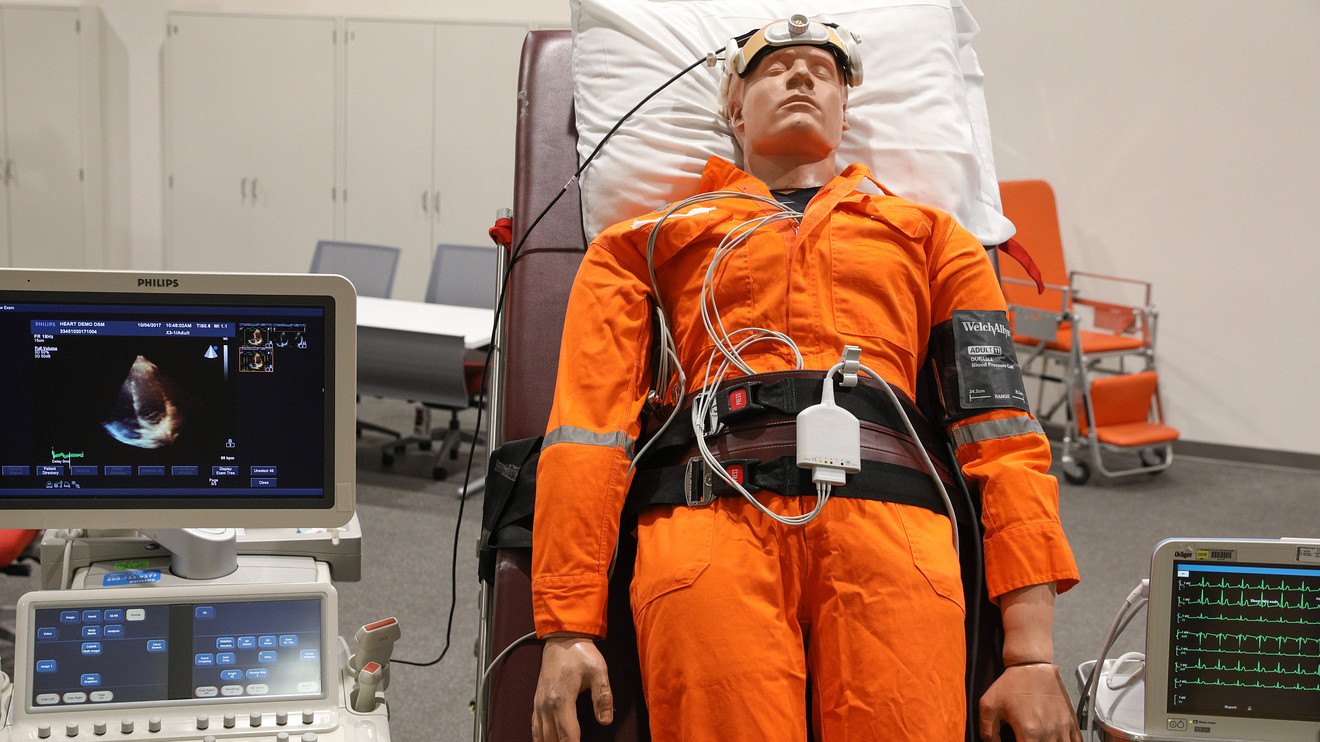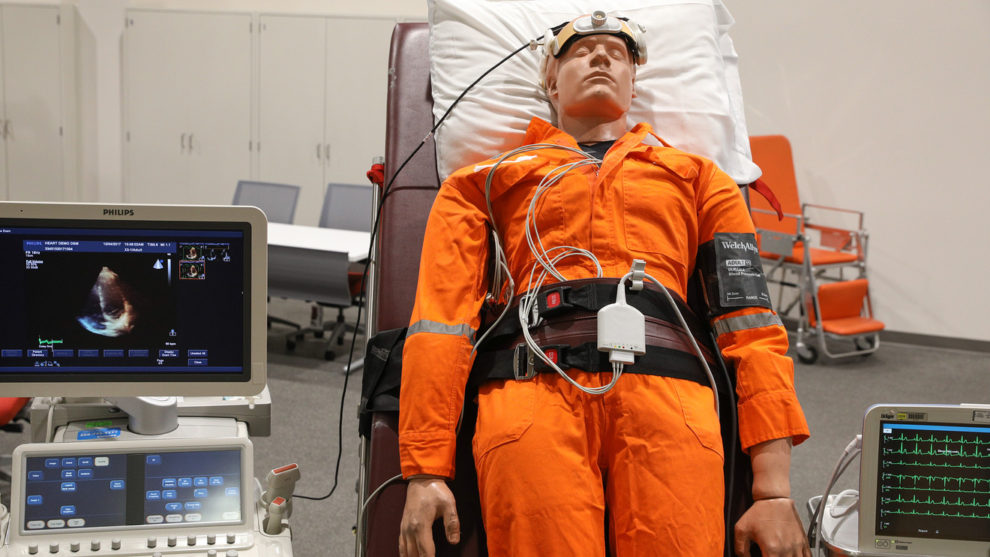
New and necessary government mandates to combat the spread of coronavirus and the COVID-19 illness it causes are producing unprecedented challenges for investors.
The positive news is that these mandates have come from central banks and politicians with greater speed and force than we have seen in the past. Moreover, this crisis is time-definitive — the severity of the damage and duration should recede once health risks normalize. We are confident that the foundations of expanding global growth remain intact, despite the near-term volatility.
That said, the impending recession is quite different from past economic downturns. This time the negative impact is indiscriminate — impaired business activity and enforced quarantines are producing negative consequences for both strong and weak companies.
A different playbook for evaluating stocks
A different kind of playbook is required in this unique environment to assess individual stocks and to evaluate portfolio positioning.
As quality growth investors, we traditionally focus on the predictability and stability of a company’s underlying earnings growth. But it is near impossible to accurately predict 2020 profits at this time. Many companies have even suspended earnings guidance.
Alongside the acceleration of market volatility, we have been conducting extreme stress-testing on all of our holdings for heavy pressure on revenue, profit, and cash flow, going beyond the usual EBITDA and leverage metrics. We are assessing debt rollovers, covenants, lines of liquidity, and the capacity/terms to draw on those lines. We are also evaluating changes to fixed and variable costs.
Examples of companies with strong balance sheets, namely those with greater liquidity, are Microsoft MSFT, +2.07% and Johnson & Johnson JNJ, +3.37% We believe they should possess the survivability required to prosper and bridge the gap during the next six to nine months.
Read: 20 technology stocks with low debt to consider owning in a down market
Despite the broad-based selloff in consumer staples, good-quality staples companies should remain resilient. For instance, while the on-trade (bar or restaurant) business is obviously suffering because of the lockdowns, we are positive on the alcoholic and carbonated beverages space.
In our view, the market is vastly underestimating the off-trade business in the near term. We believe companies like Anheuser-Busch InBev BUD, +2.14% ABI, +0.56%, Coca-Cola KO, +4.34% and PepsiCo PEP, +4.86% have brand power, competitive advantages, and can benefit from a trend toward more premium products, especially in emerging markets. We expect to see higher profits and better cash flow in the medium to long term, and valuations remain attractive.
Looking at the health-care sector, companies exposed to essential services could experience the quickest recoveries. For instance, medical procedures cannot be delayed indefinitely, which would in turn support the medtech space, including names like Medtronic MDT, +2.43% and Boston Scientific BSX, +2.85%. And within IT, neither are companies likely to cut back their use of ERP software systems, leaving companies like Microsoft particularly well positioned.
We have not changed our views on areas of the market that we typically see as lower quality, such as the energy sector XLE, +9.16% , even with the extraordinary downtick. In the basic materials space, we have added a bit on the margin in developed markets, but in emerging markets those businesses are more commoditized. In the U.S., we see a number of high-quality franchises in the paint segment, the aggregates space, and cleaning and sanitization space.
Read: These 60 large U.S. companies are ‘susceptible to a dividend cut,’ according to Jefferies
In the more developed market of China we are finally beginning to see early improvements, but the country is still in the first stages of normalization. Further, demand from the West is likely to be depressed for some time even as people in China return to work.
China’s banks have been relative outperformers, but we remain wary about their medium- to long-term prospects. This is a good example of an industry that may outperform in the short term but is likely to underperform over the long haul. As long-term investors, we sometimes choose to give up short-term returns to maintain conviction in our holdings for the medium to longer term.
Investing is a long-term, optimist’s business. Despite volatility, the world will go forward and companies will go on. Strong businesses will increase their resiliency, continue to grow and deliver profitability to shareholders via investment returns over the long run. For investors, maintaining a patient and long-term mindset is critical. Stay the course.
Now read: How stock investors underpriced the risk of the coronavirus pandemic
Matthew Benkendorf is the New York-based chief investment officer of Vontobel Quality Growth Boutique, part of Vontobel Asset Management.
div > iframe { width: 100% !important; min-width: 300px; max-width: 800px; } ]]>











Add Comment